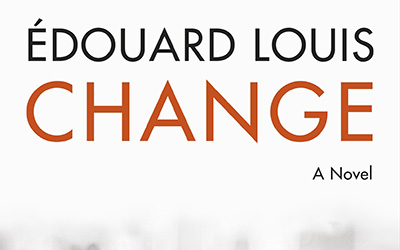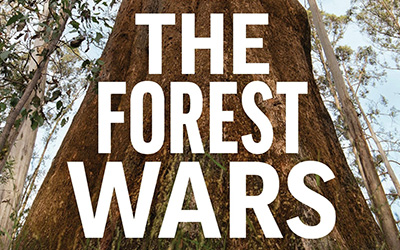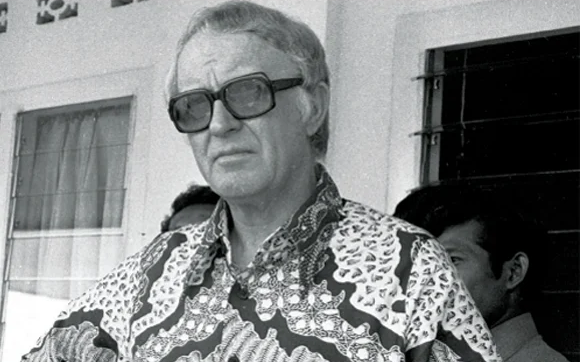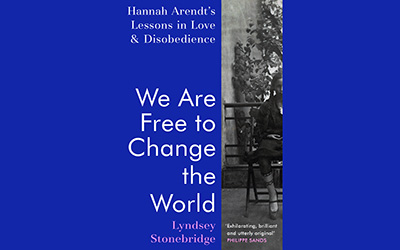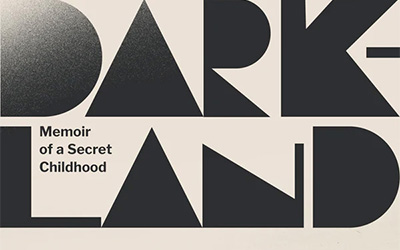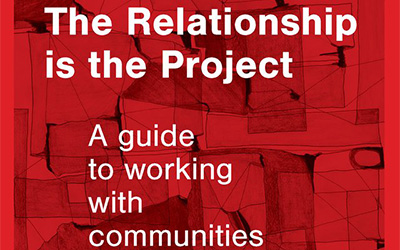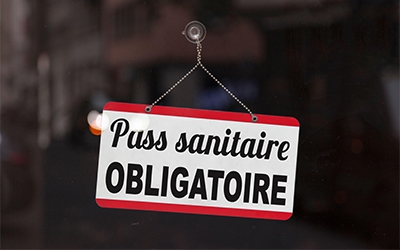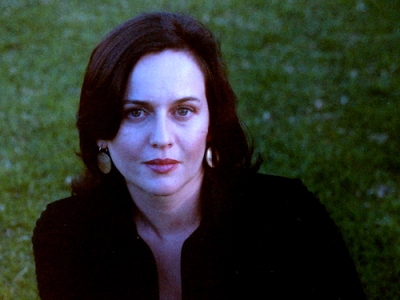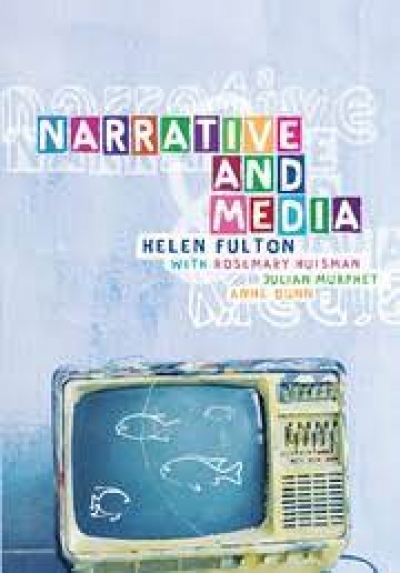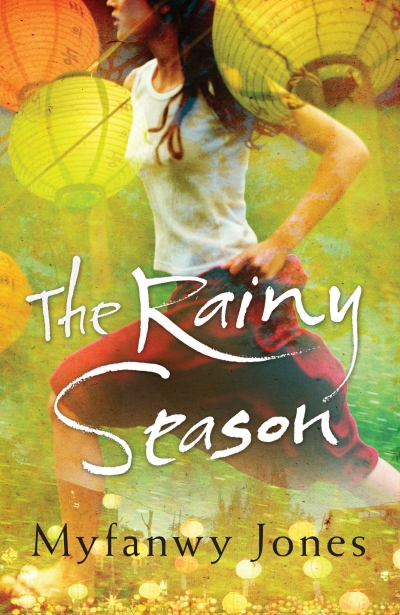Change: A novel by Édouard Louis, translated by John Lambert
Autofiction differs from autobiography in that, to use Jean Genet’s formula with which Édouard Louis opens his latest novel, Change: A novel, the self is nothing but a ‘pretext’. In Louis’ case, it is a pretext for exploring the self as a sociological, rather than psychological, phenomenon; the enduring product of the social class in which it was forged. Change (first published in 2021 as Changer: méthode) opens with the narrator, Édouard (né Eddy), sitting at his desk writing what will become the novel we are now reading. His objective: ‘to fix the past in writing and, I suppose, to get rid of it’. This will prove easier said than done. As Édouard later discovers, the past has a way of reinstating itself, like a pendulum which is always restored to equilibrium. It is, however, less this resting place than the oscillations that Louis is interested in recording.





